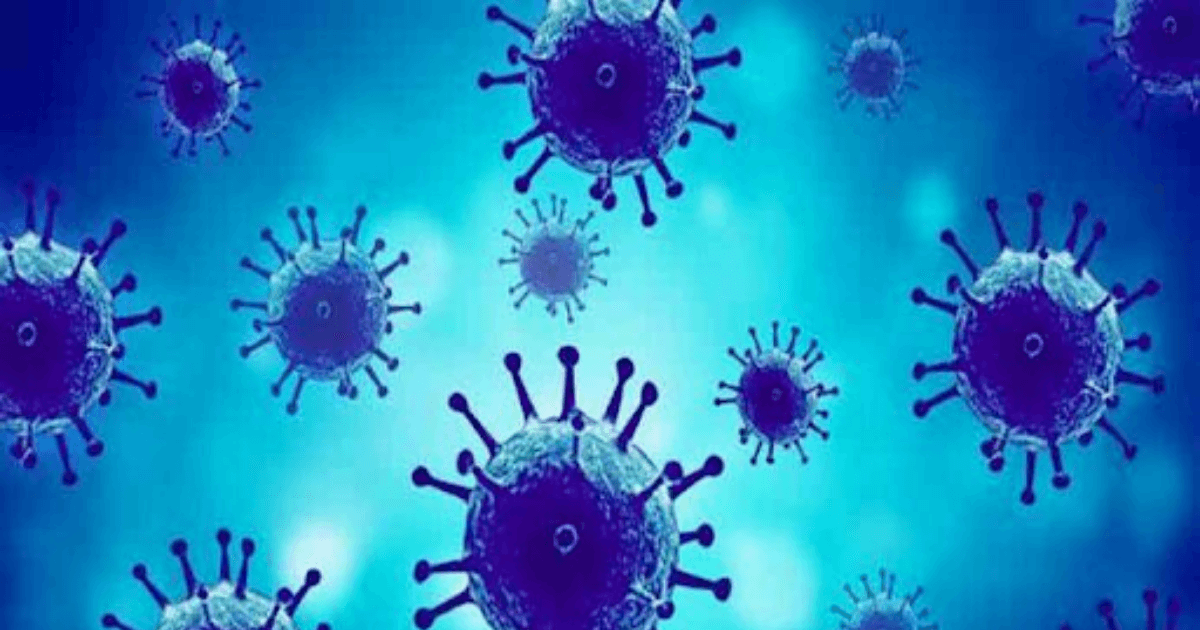The pandemic has definitely taught everyone of us that health is the most important aspect of one’s life. It has also taught us that the health of people is closely connected to the health of animals and also our shared environment. Hence the government of India launches ‘One Health’ principles in the governance of infectious diseases, especially efforts to prevent and contain zoonotic diseases throughout the world.
The Department of Biotechnology has launched a ‘One Health’ consortium that envisages carrying out surveillance of important bacterial, viral and parasitic infections of zoonotic as well as transboundary pathogens in the country. The project also looks into the use of existing diagnostic tests and the development of additional methodologies for the surveillance and understanding the spread of emerging diseases, the DBT said in a statement.
Dr Renu Swarup, Secretary, Department of Biotechnology, launched the First ‘One Health’ project of the DBT through video conferencing on Thursday. The consortium envisages carrying out surveillance of important bacterial, viral and parasitic infections of zoonotic as well as transboundary pathogens.
Noting that the COVID-19 pandemic showed the relevance of ‘One Health’ principles in the governance of infectious diseases, specially efforts to prevent and contain zoonotic diseases throughout the world, Swarup emphasised on a holistic approach to understand the health of human, animals and wildlife to minimise the damage caused by future pandemics.
Swarup said the ‘One Health Consortium consisting of 27 organisations led by DBT-National Institute of Animal Biotechnology, Hyderabad, is one of the biggest health programmes launched by the government in post-Covid times.
The consortium consists of AIIMS, Delhi, AIIMS Jodhpur, IVRI, Bareilly, GADVASU, Ludhiana, TANUVAS, Chennai, MAFSU, Nagpur, Assam agricultural and veterinary university and many more ICAR, ICMR centres and wildlife agencies.

